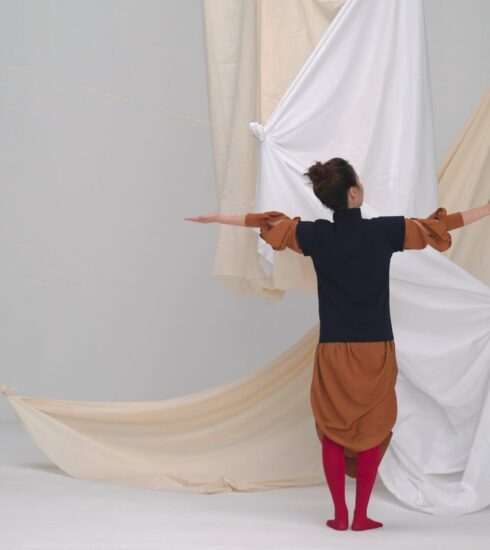Evo Pricing: What we do and how we do it – FESCH.TV
FESCH.TV INFORMIERT:
Last week we asked the data scientists in our Turin office to explain, in their own words, what Evo Pricing does and the „secret sauce“ we use to get great results for our clients.
TRANSCRIPT:
[Intro Music]
Fabrizio Fantini (Founder of Evo Pricing):
Evo Pricing is based on my PhD research work that I was doing while I was in Boston, at
Harvard University. The company essentially takes data from customers, takes data from the market and estimates the probability of sales, and figures out what are the right promotions, product prices and the optimal product assortment.
Elena (Data Scientist):
Based on sales of the last week I can recommend which stores need specific items, which ones
can exchange their items. I give a specific suggestion, for example: Store A has to send these 3 items to Store B, rather than put them in stock.
Fabrizio Fantini:
Our solutions cover a wide spectrum of decisions: planning, strategy, bid structure, the placing of articles in the stores, discounts, price optimization, sale management, targeted promotions – for example in the insurance sector in order to retain customers.
Viola (Data Scientist):
We help customers to improve their market prices by examining, for example, which competitors are moving. We study their story in a certain way, what they have in stock, the performance of past sales.
Fabrizio Fantini:
We often liken ourselves to satellite navigators. Why? First of all, because of our working method.
A sat-nav has some complicated logic inside but then the interface with the user is very simple:
it tells you if you have to go straight, left or right; it’s a bit like what we are doing.
We use a lot of data and algorithms that are quite complex to then give fairly simple indications
to the management.
Giuseppe (Senior Data Scientist):
Companies have a lot of data but sometimes they do not find the right way to look at them.
We try to help them to interpret what’s going on. Our recommendation comes from a deep
understanding of the phenomenon.
Fabrizio Fantini:
The amount of data available to people and companies is exploding and it’s exploding specifically because the cost is decreasing exponentially. But all of these data are like a noise and so in reality the difficulty of our job is increasing, not diminishing.
Giuseppe:
Since reality is complex and data is complex, fragmented, we need to use tools to capture data fragmentation and their complexity, tools that go beyond classical enterprise productivity analysis done by using Excel.
Blanca (Data Scientist):
We’re studying what the results are, what’s going on… you can see if things are getting better or getting worse. When they’re going well you try to make them go even better while, when they’re going worse, you say, „OK, maybe I would change some things here, maybe this item is too expensive and I would do it cheaper, or maybe it’s too cheap“.
Elena:
And then there’s also the direct intervention of the managers in the stores, so every week the
shopkeeper can give us their opinion on what they think will be selling or not selling in the next
few weeks.
Amedeo (Data Scientist):
The strategy must always adapt to the needs of the individual case, of the client.
Viola:
We have to understand well what our customer expectations are.
Amedeo:
We start with an idea that can be a good approximation of the reality but, moving forward,
we can find what might be the problems, things to improve or to change.
Fabrizio Fantini:
Just like a car driver that changes the route and then the navigator updates the entire route,
so we learn from decisions that management takes and we try to adapt all this automatically,
improving the quality of our recommendations.
Elena:
We work on all these things together, to merge the machine prediction with the human factor.
Fabrizio Fantini:
Our first fashion client in Italy, Miroglio Group, has publicly talked about one of our most successful and scientifically interesting experiences.
We did a research project with them on distribution of items in retail fashion stores. We demonstrated that the involvement of people working in the store helps artificial intelligence to improve the quality of solutions. Algorithms improve predictions but do not win alone.
We believe in what we call a new alliance between man and machine.
Elena:
It’s a collaboration between the two things.
Fabrizio Fantini:
The quality of human intuition doubles the effectiveness of solutions, so it is a very significant
improvement.
Elena:
We’ve seen that this alliance between man and machine brings good results.
Deinen Freunden empfehlen:






